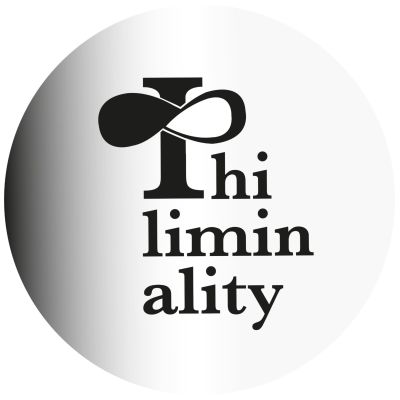Philiminality Oxford is a student-run platform for cross-cultural and interdisciplinary philosophy. We discuss philosophical ideas, thinkers, and approaches which are frequently marginalized in both Anglo-American and “continental” academic circles. We engage with broader horizons of what it means to do philosophy by discussing intersectional perspectives on brands of thought from across the world. We also recognize the value of exploring how philosophical issues interrelate with other disciplines, such as politics, theology, sociology, classics, history, psychology and natural science.
https://philiminalityoxford.wordpress.com/
episode 10: 9. Anke Graness - Of Forgeries and Misinterpretations
This paper discusses the authenticity debate on the Ḥatäta of Zera Yacob and Walda Heywat from the perspective of a historian of philosophy. From this perspective, the case of the Ḥatäta and the discourses that developed around the manuscripts raise a number of interesting questions and problems. The most important point is undoubtedly that we are witnessing here a process of canonization. To a large extent, philosophical work relies on inherited philosophical-historical narratives, which are deepened and legitimized by each individual work within the framework of these narratives. The broad European discourse on ancient Greek philosophy is a striking illustration of such canon forming processes. Based on oral traditions and third-party sources (often written down centuries later), as well as a few fragmentary snippets, a comprehensive philosophical discourse has developed that would endure even if it could one day be demonstrated that neither Thales nor Socrates were historical persons.
The paper argues that the debates about the Ḥatäta provide a vivid example of a process of forming a narrative of the history of philosophy in Africa. On a meta-level and in a comparative manner – particularly with regard of origin, transmission, and the various translations of one of the founding texts of European history of philosophy, Diogenes Laërtius’ Lives and Opinions of Eminent Philosophers, the paper discusses the question of what it means when the authenticity of a foundational text is suddenly called into question. Moreover, the paper addresses the particular explosiveness of such debates in the context of reconstructing philosophical traditions in formerly colonized and still marginalized regions of the world. Furthermore, ethical questions of scientific practices are raised in view of the asymmetries in the academy today and the task of decolonizing the history of philosophy.
